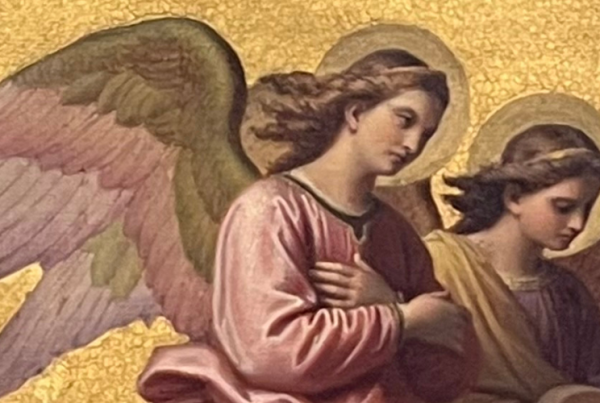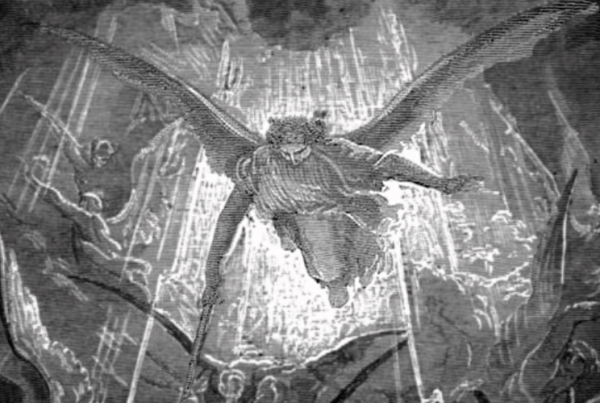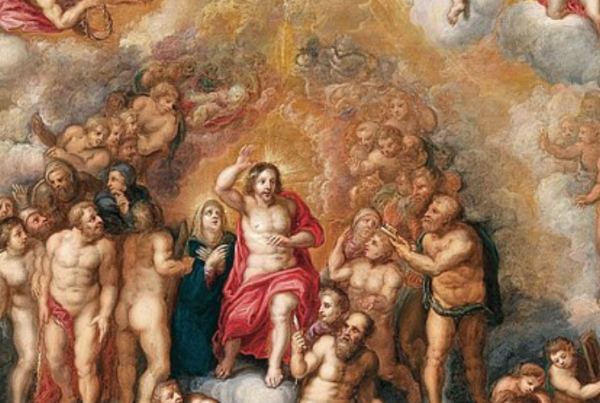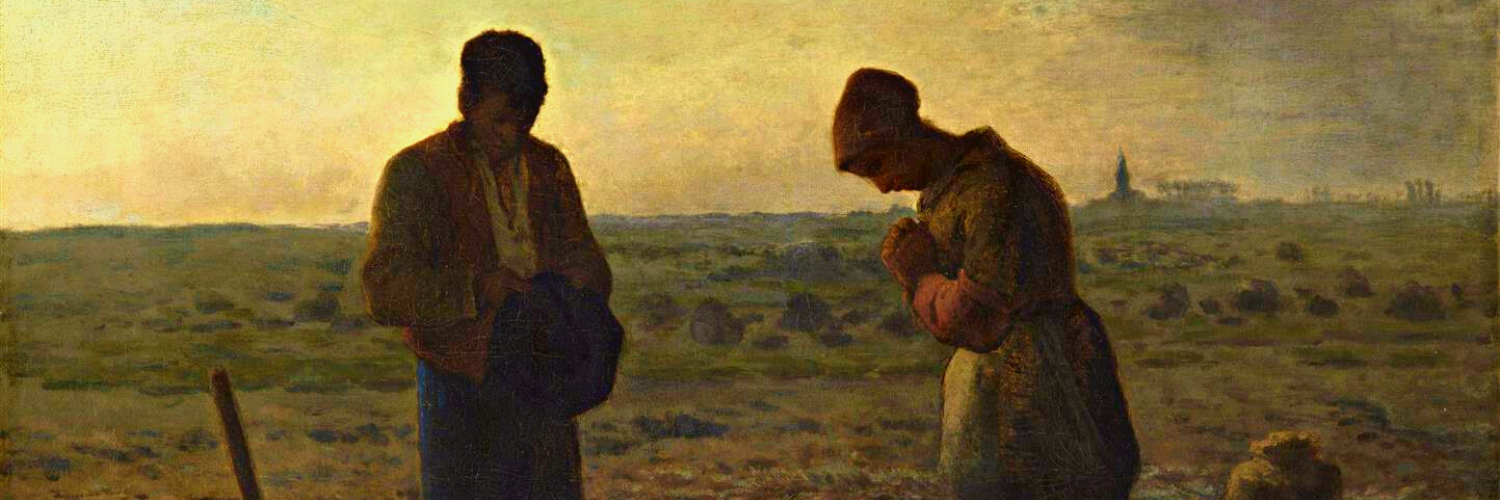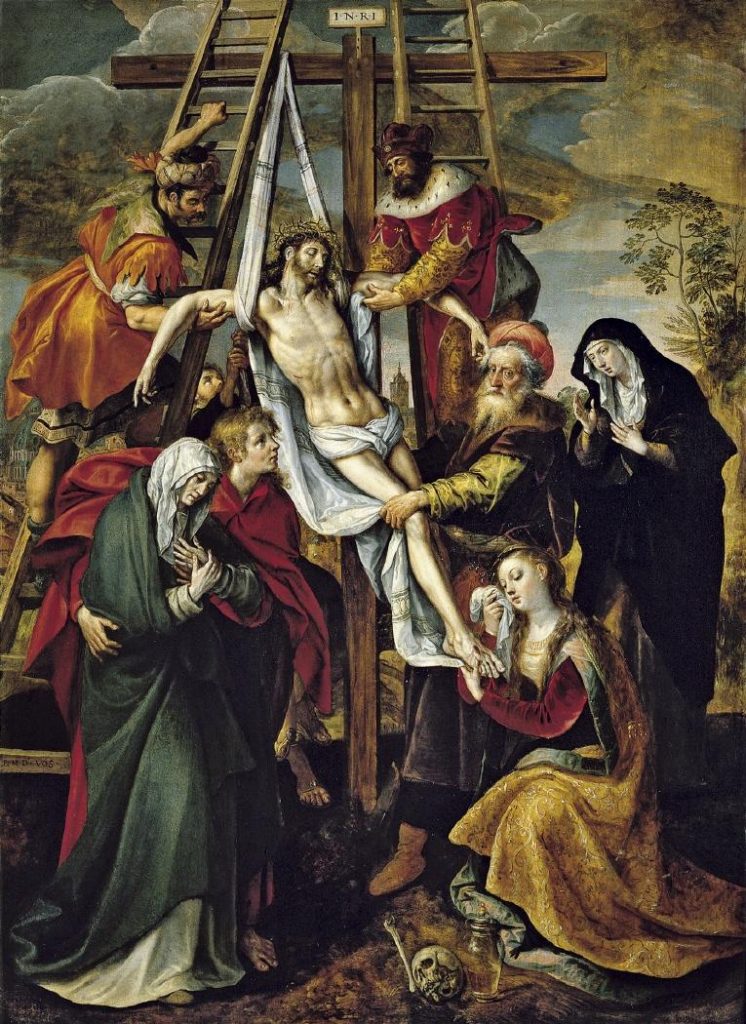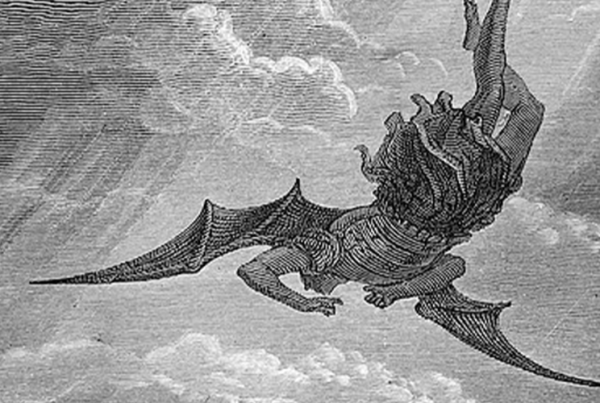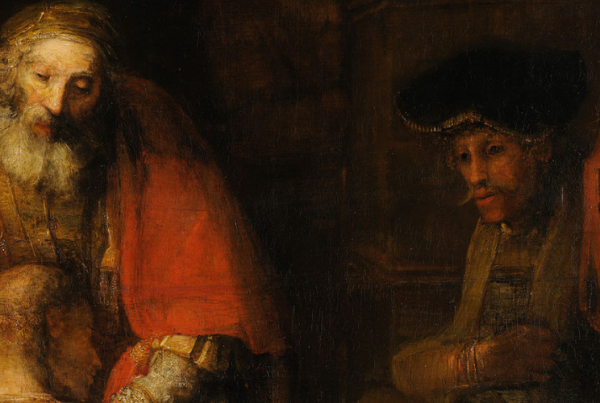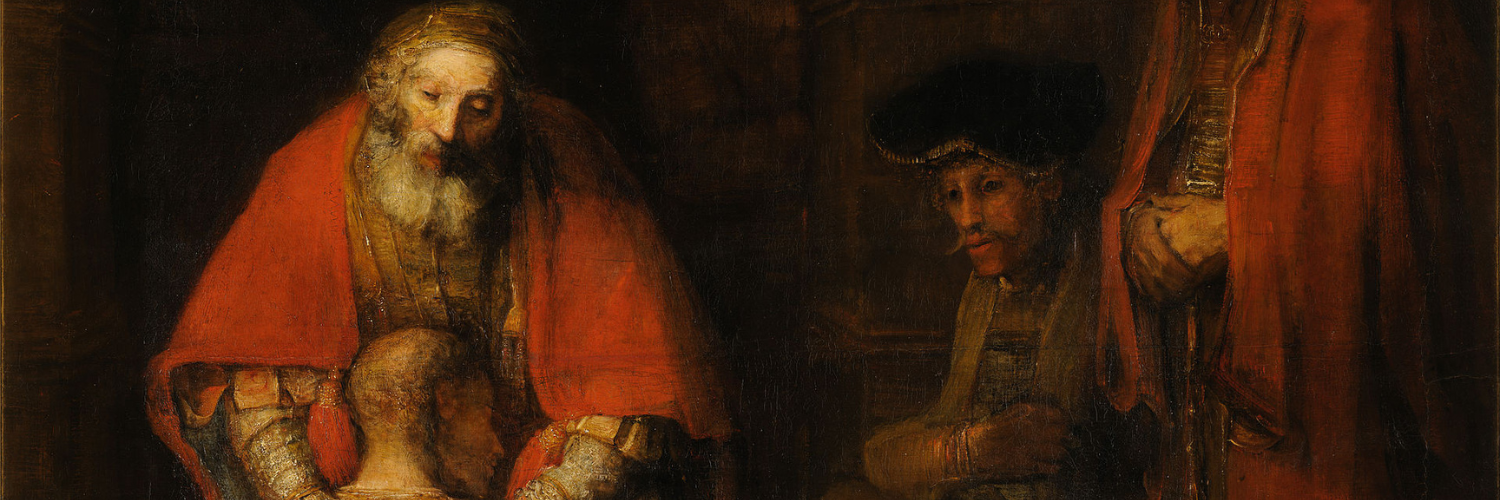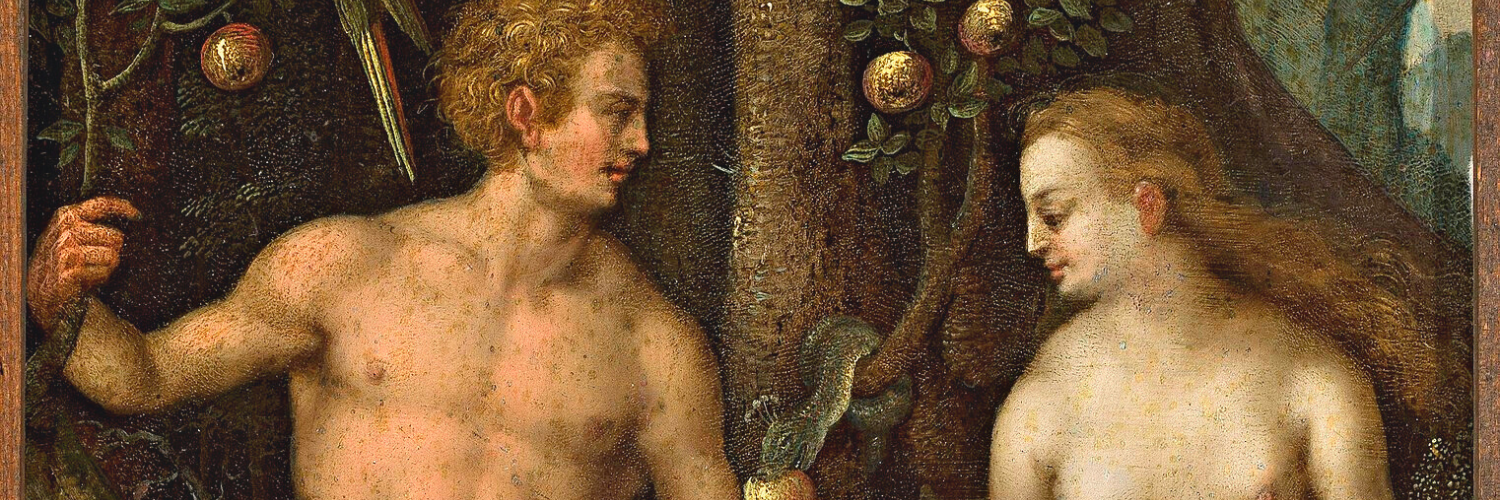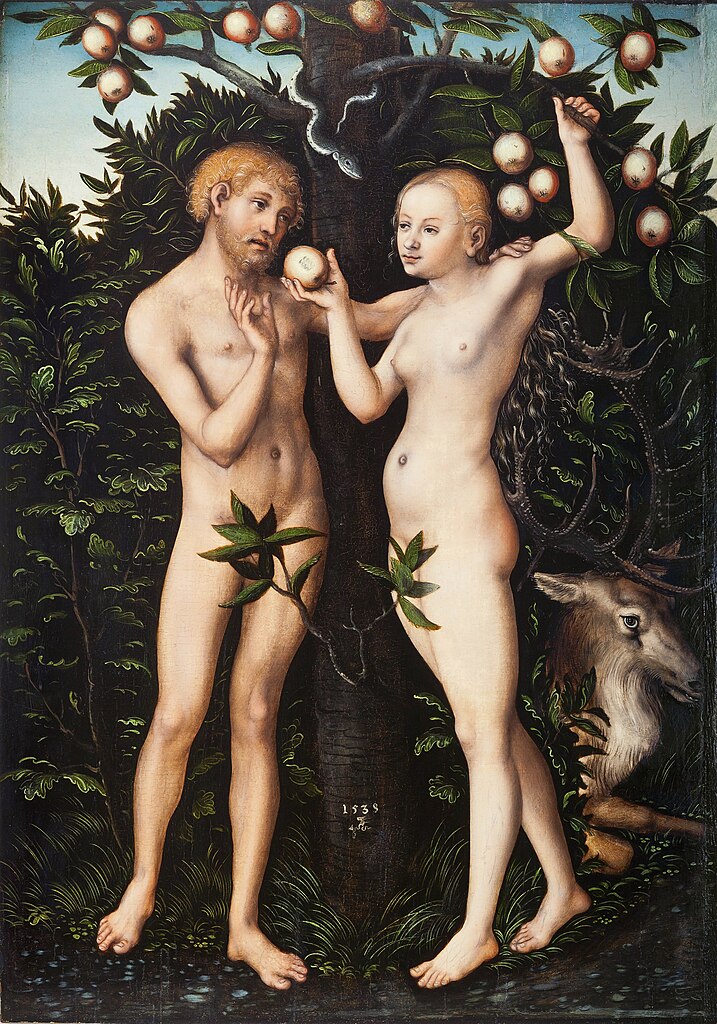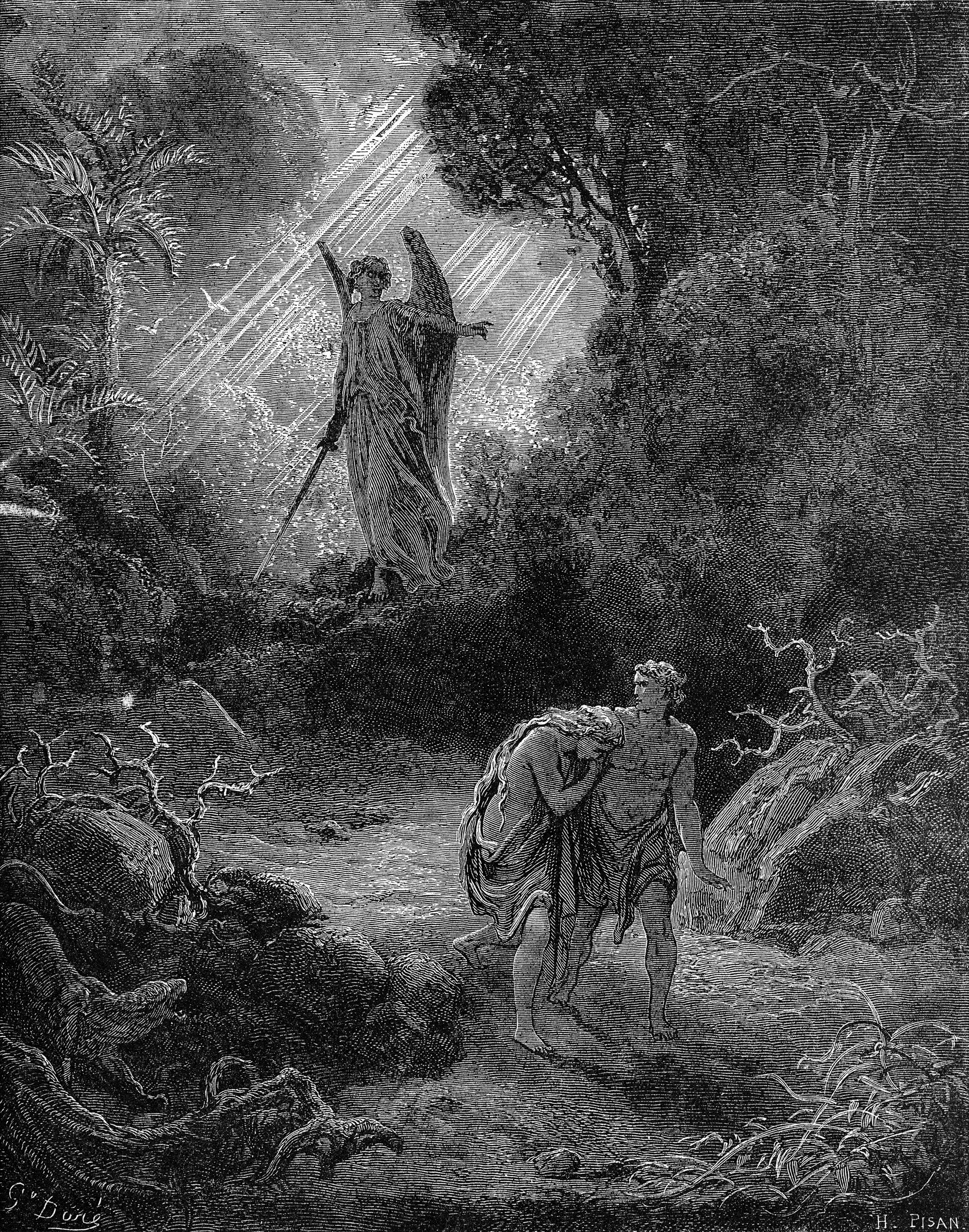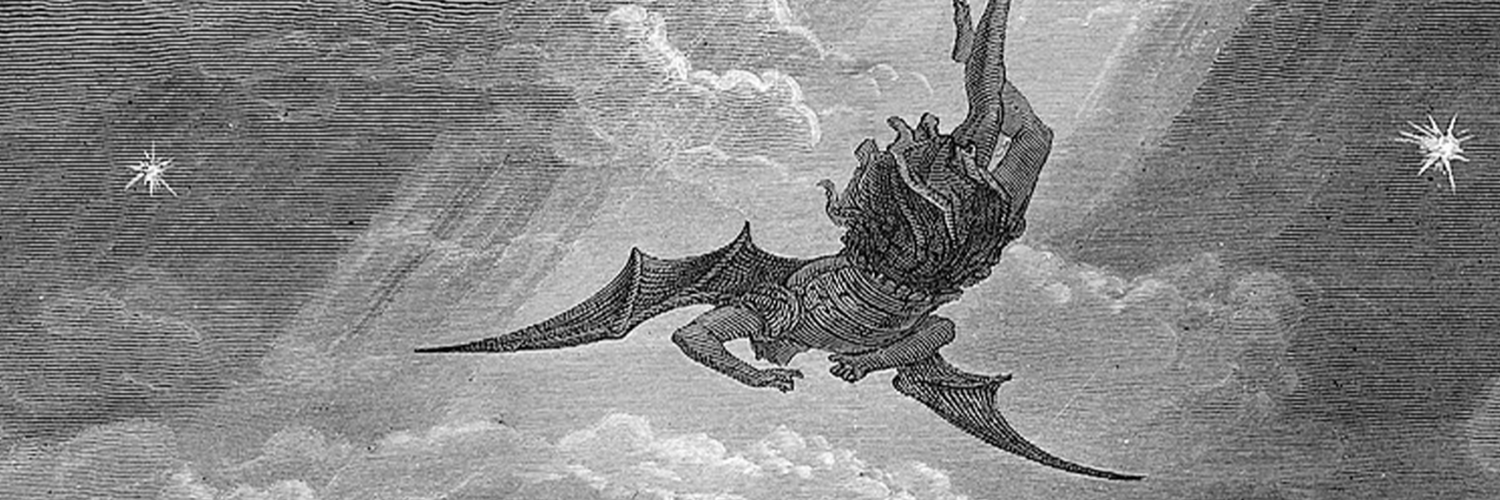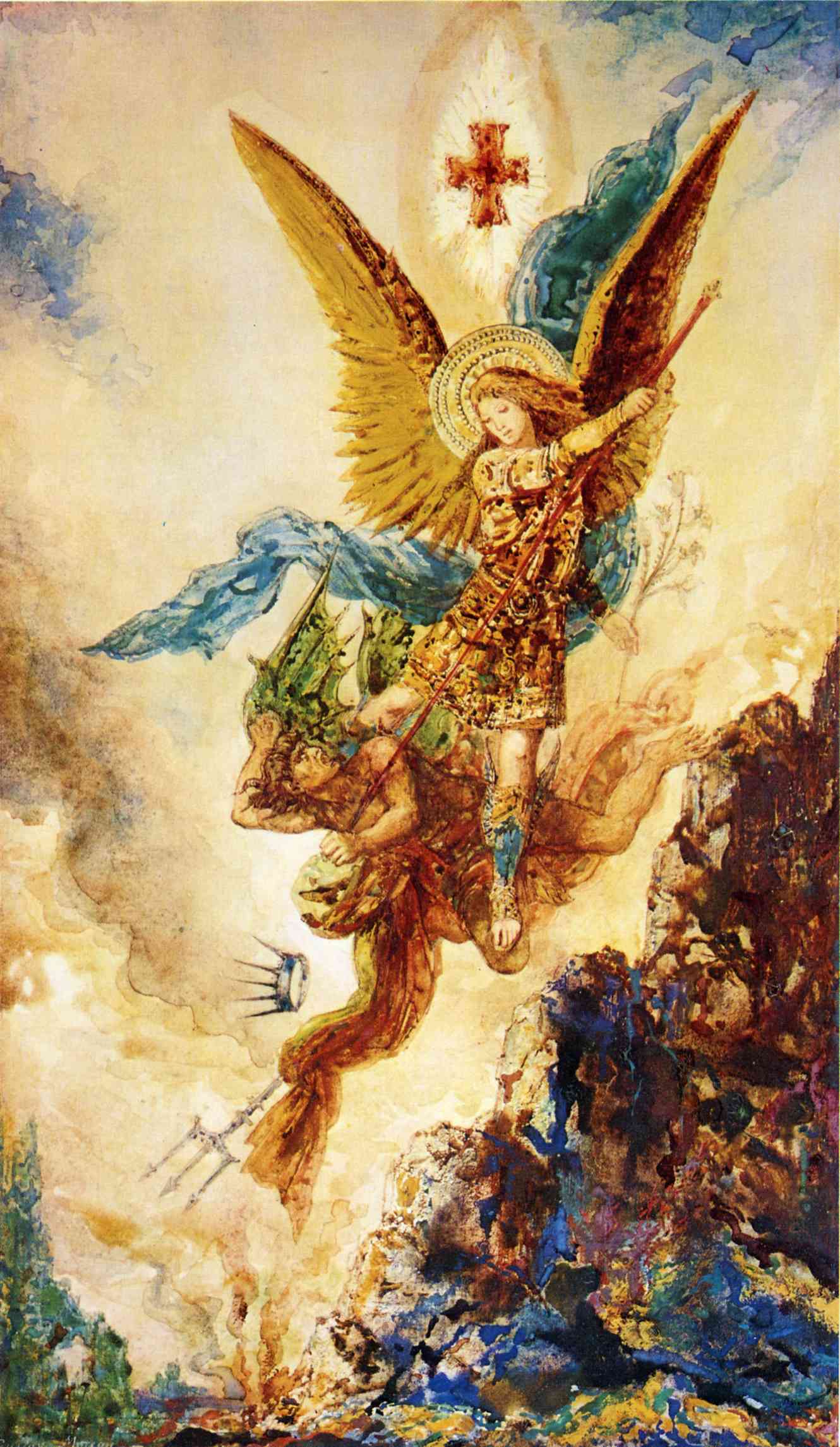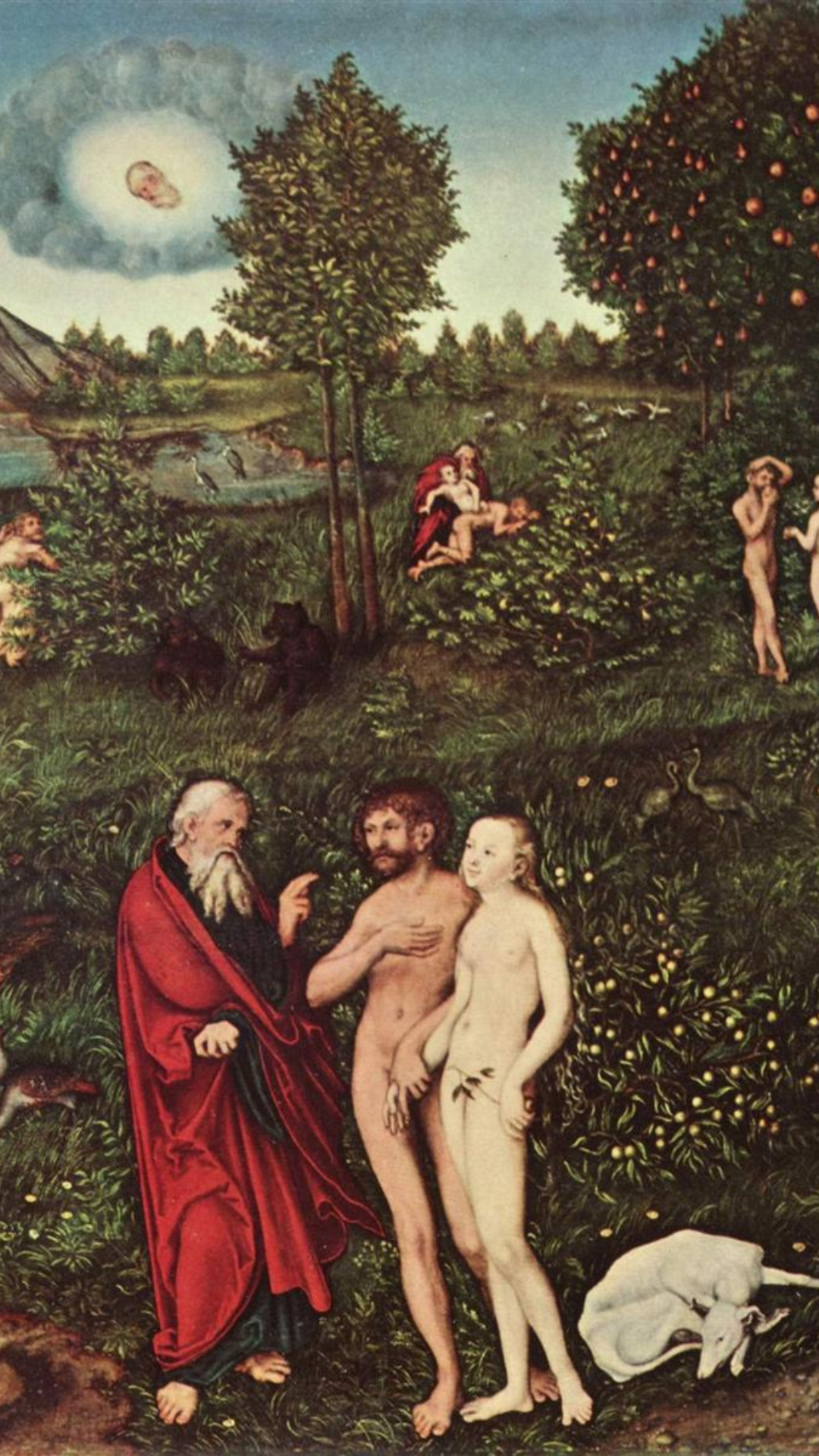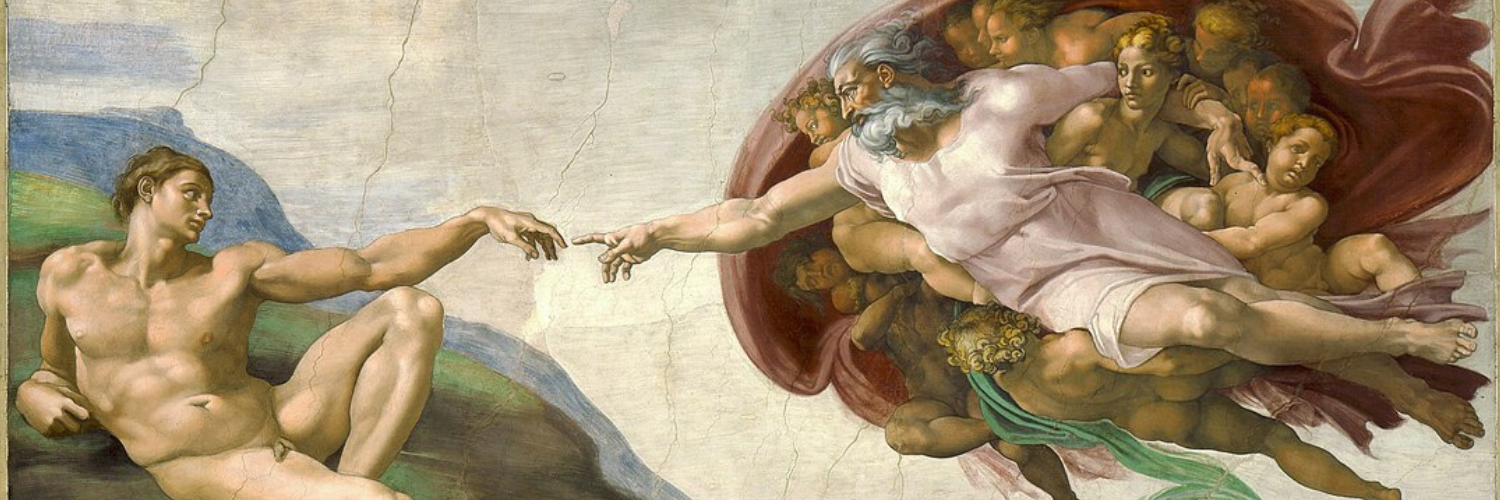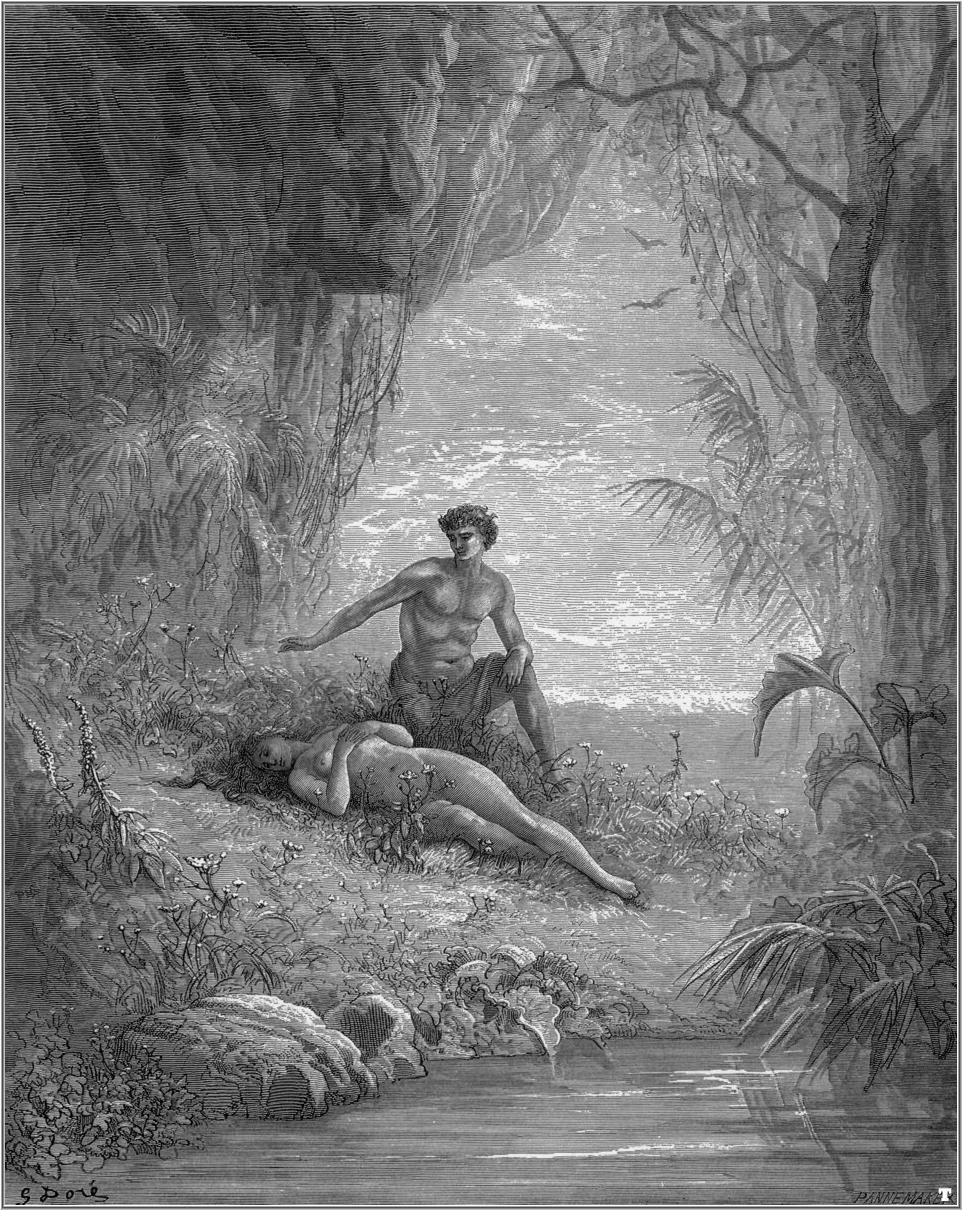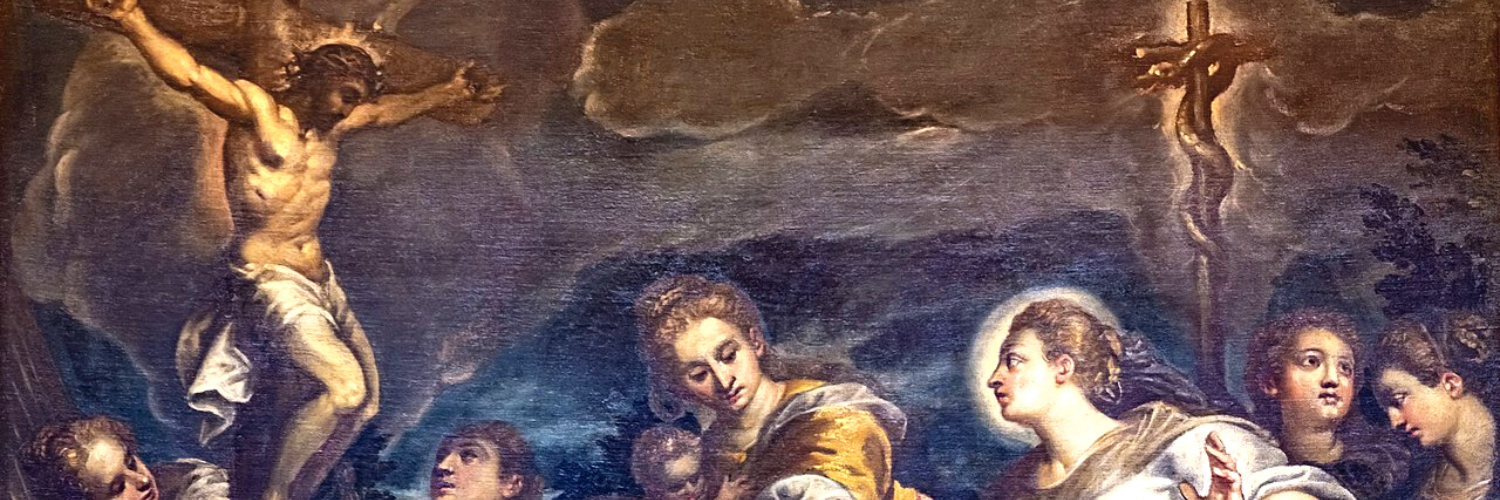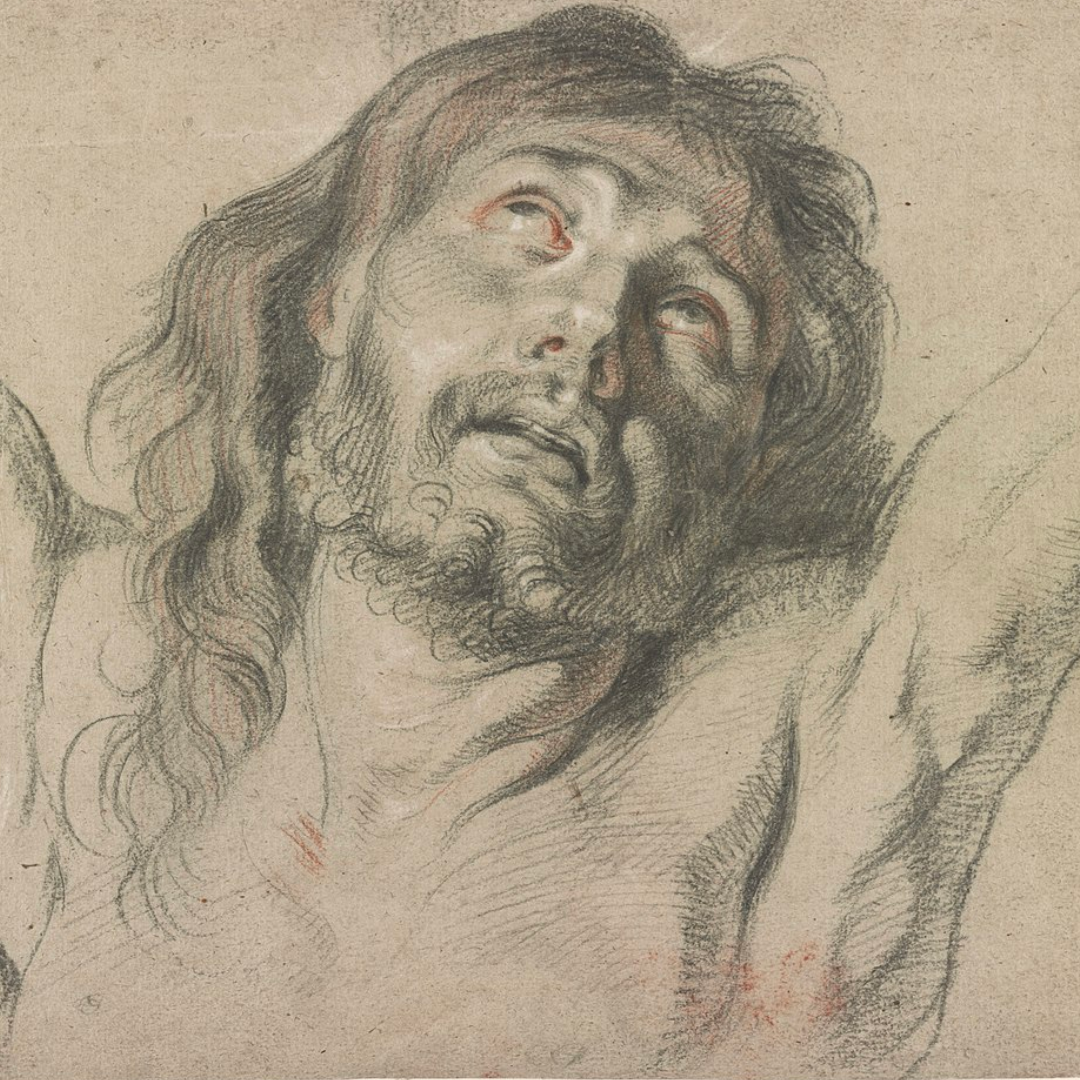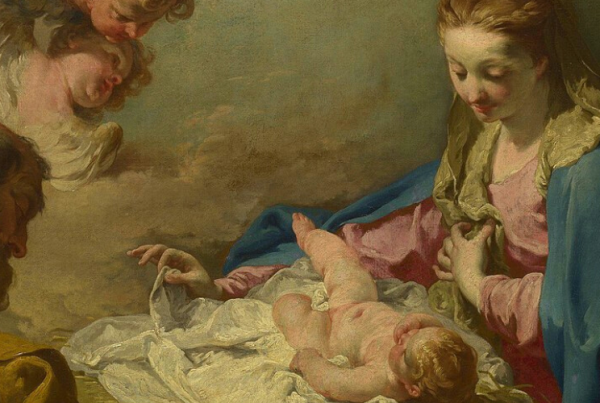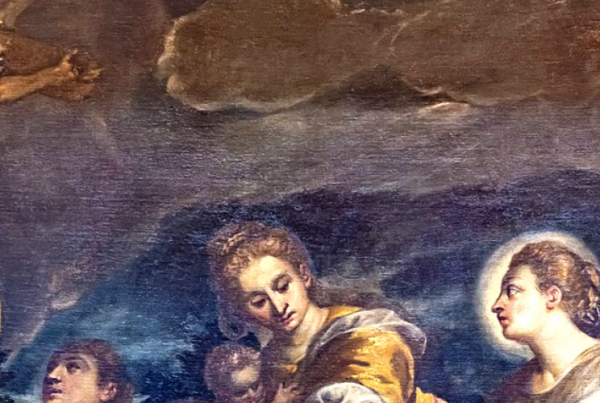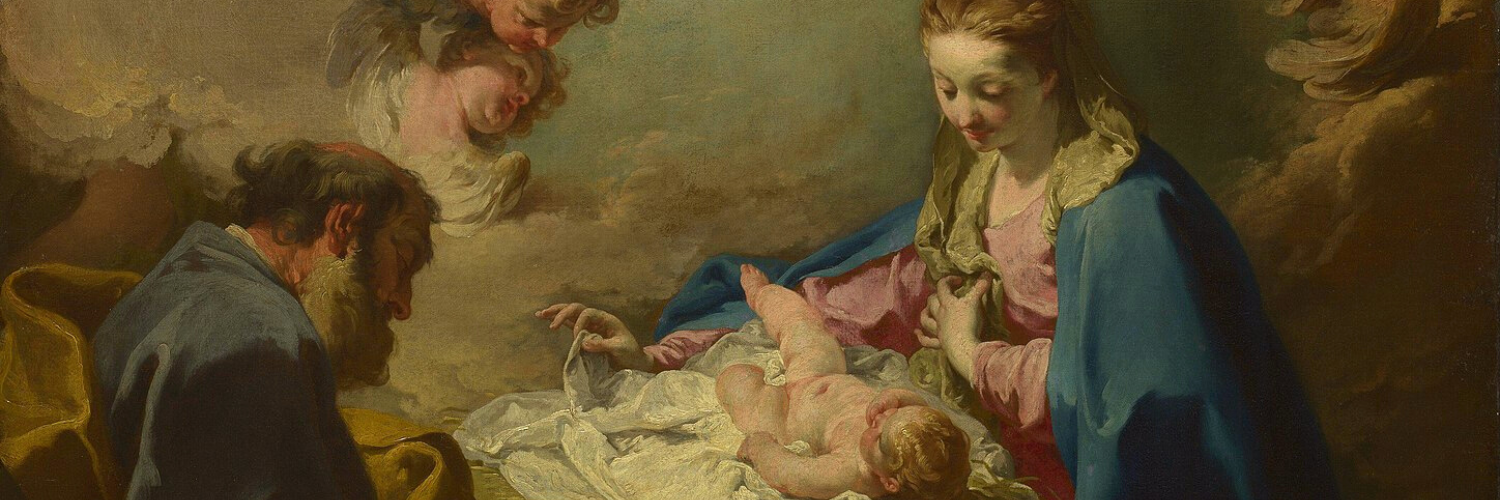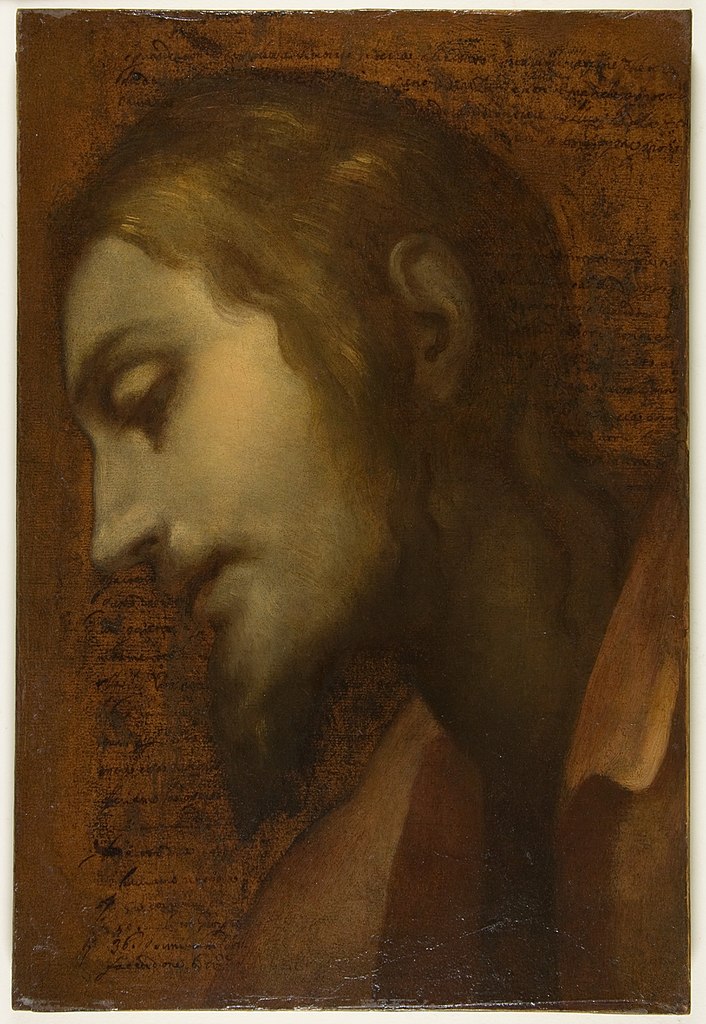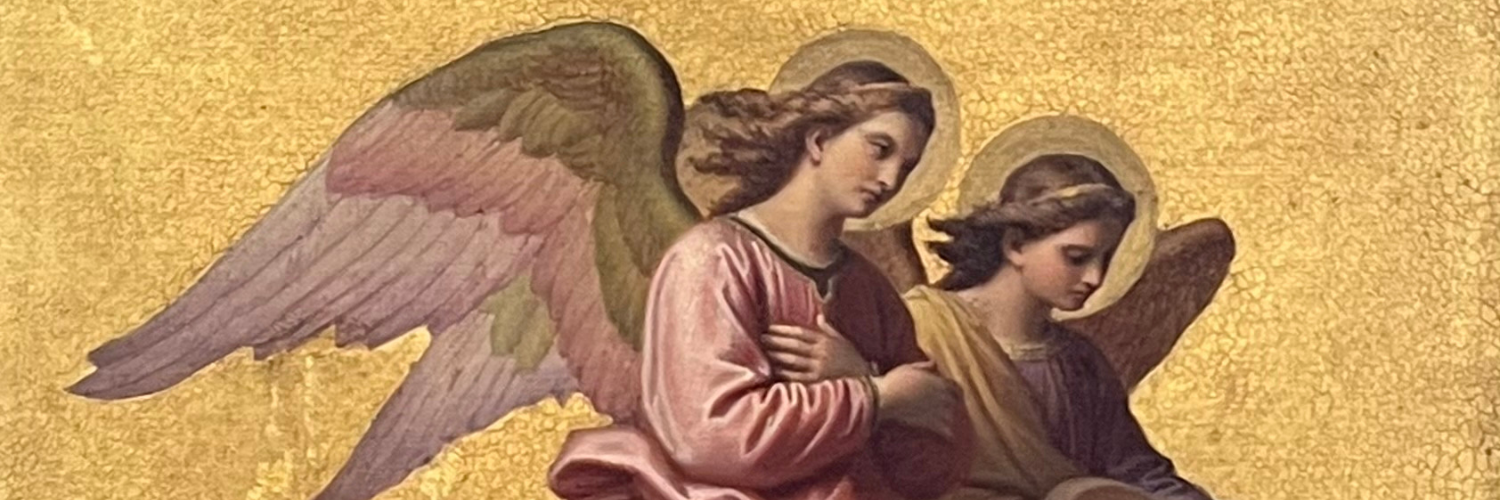
Angels don’t get Wings
Fr. Paul Stein
Contrary to the movie, It’s a Wonderful Life, every time a bell rings, an angel does not get its wings. Furthermore, contrary to countless books, TV shows, movies, and famous paintings: angels cannot become human by “falling” (e.g. City of Angels); aren’t adorable (e.g. the cherubs of baroque art); and don’t engage in physical style battles with vampires and other supernatural creatures (e.g. Buffy the Vampire Slayer and The Mortal Instruments).
Angels are pure spirits; they are not physical. Full stop. In terms of the order of creation, angels were first.[1] They are pure spirits. Second, in terms of creation, is that which is physical; this includes the universe (spacetime) and everything in it. Humanity is the pinnacle of physical creation in that it sits at the boundary between the spiritual and the physical. That is why C.S. Lewis in The Screwtape Letters referred to humans as “spiritual amphibians.”
To be human means to be the unity of body and soul; that is what we are. We are not souls trapped in bodies that escape at death. Death, rather, is the destruction of humans, the separation of soul and body; that is why, to properly live forever, we need to be resurrected. [2] An angel, in contrast, is a pure spirit. [3] An angel is not a soul without a body; an angel is its own type of creature. For that reason, an angel can no sooner become human than a cat can become a dog. Humans and angels are two different types of creatures.
While angels can manifest themselves to human visual perception; it is something merely for our senses. Angels don’t have bodies, and thus they don’t have wings. In the Bible, there are many descriptions of angels having wings (e.g. Ezekiel 1:6).
Humanity is the pinnacle of physical creation
in that it sits at the boundary between
the spiritual and the physical.
The descriptions are meant to help people conceptualize the non-physical characteristics of angels. Angels are swift, both in terms of action and decision and able to go between heaven and earth. Thus, the image is that angels have wings. The highest angels (seraphim) are depicted as having six wings and the second highest angels (cherubim) have four. While they can go between heaven and earth, it is much more like traversing parallel dimensions, than going from one place to another in the universe. Heaven is more of somehow else than somewhere (in this universe) else.
When angels manifest themselves in the Biblical narrative, it is as “messengers” of God, reflecting the literal meaning of the word in both Hebrew, malach, and Greek angelos.
They are God’s servants, not ours, though by God’s command, they do take care of humans and in that sense, serve us. Even though guardian angels do not normally communicate with the humans they protect, their actions in a sense carry God’s message for they are carrying out his will.
When angels do manifest their presence, the universal reaction is fear, not “how cute.”[4] This is exemplified by angels consistently telling humans, “Do not be afraid” (e.g. Luke 2:9-10). Angels are fearsome because they are extremely powerful and reflect the glory of their Creator. A hundred-pound, five-foot-tall man would have the same reaction if, out of thin air, a three-hundred-pound, six-foot-eight soldier were to appear in full battle gear.
This military image for angels points to the fact that many “regular” angels also serve as guardian angels, under the leadership of the Archangels. The most well-known is St. Michael the Archangel (see Rev 12:7-9). Their regular activity is to protect and defend humans from the actions and influences of Satan and his demons, which are nothing more than fallen angels themselves.[5] Thus, the physical imagery is one of war.
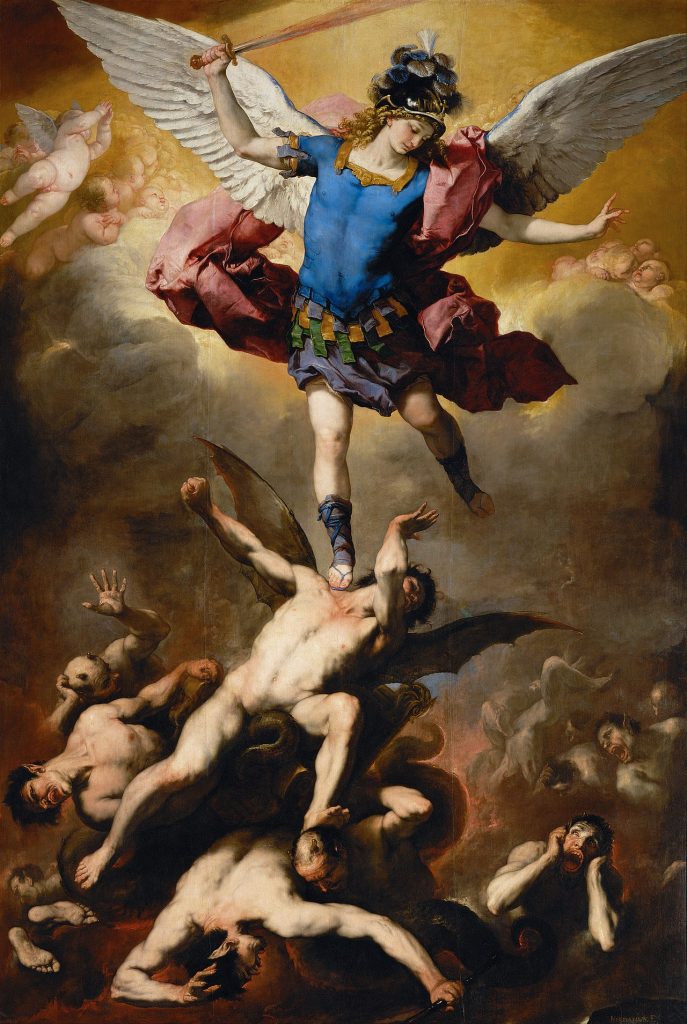
What This Means For Us
There is a whole realm of God’s creation that we do not regularly perceive, that of the angels. Yet, these servants of God regularly assist and help us humans. As pure spirits, they are their own proper creation and show that God’s infinite creativity expresses itself in many ways. We should be aware of this realm, particularly as our life in this universe is still one marked by a spiritual battle, even if we cannot see it.
Footnotes
[1] God as God is eternal: he is outside of time; he is outside of all temporality. Thus, for God, there is no “before,” as all of time is present to him as if it were one moment. He created time – or more specifically spacetime – itself. Even the angels live in a temporality, though different from the sense of time in this universe, called “aeviternity.”
[2] What happens to a person in the “time” between death and the Resurrection at the end of time would be a different Behold article.
[3] This is also why we shouldn’t call God, “pure spirit.” God created the angels and thus is “above” them existentially. He who created the pure spirits is beyond the category. Please see Behold article, “What God Is Not”
[4] We often forget that there is a proper place for the “fear of the Lord,” not because God is out to get us, but because he is Being itself: infinite, eternal, omniscient, omnipotent. Furthermore, the “fear of the Lord,” is not a servile fear, that of a slave dreading a beating from its master. It is a filial fear, that of a son who loves his father and is afraid of doing something that would cause him to lose his relationship with his father. Tragically, modern translations of the gifts of the Holy Spirit from (Is 11:2) speak of “awe and wonder,” when the real translation is “fear of the Lord.”
[5] An angel can “fall” only in the sense of losing his relationship with God by choosing evil. He cannot “fall” and become human.
For Further Reading On This Topic
